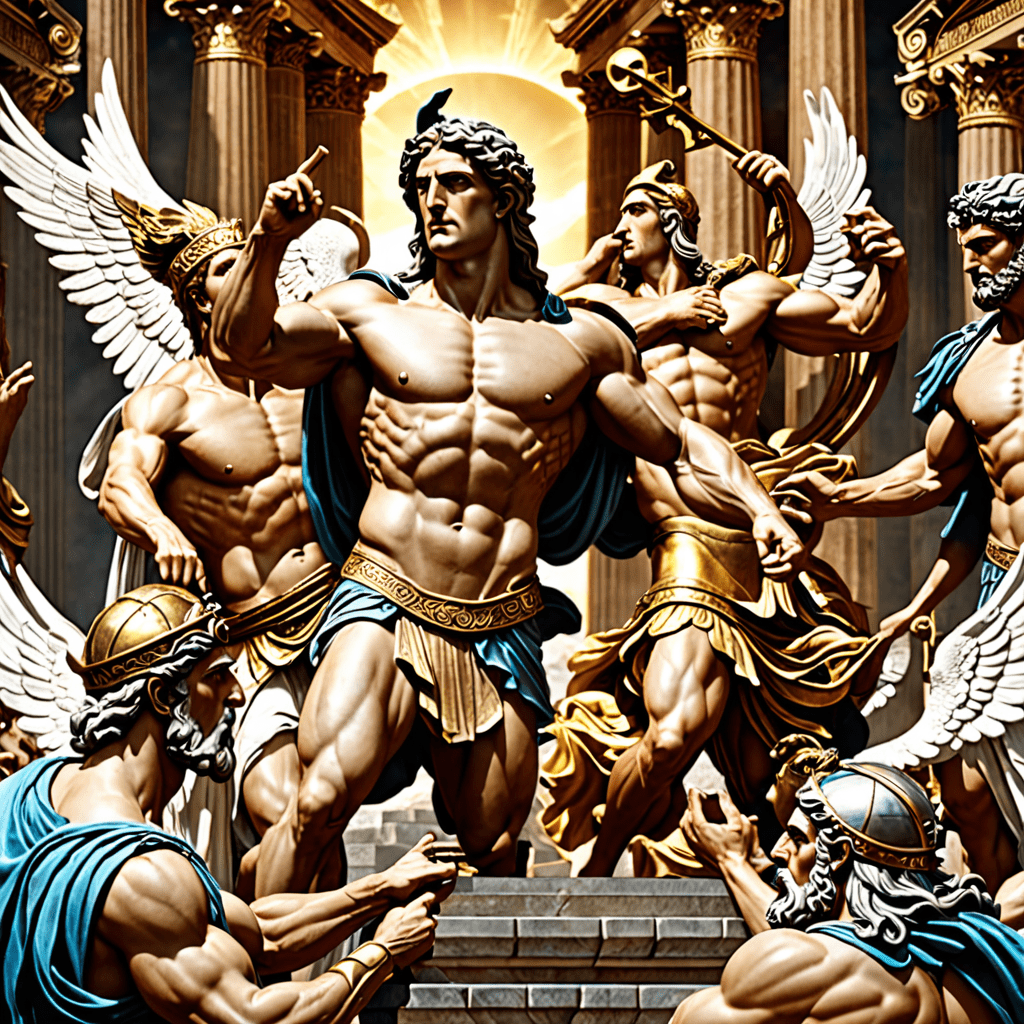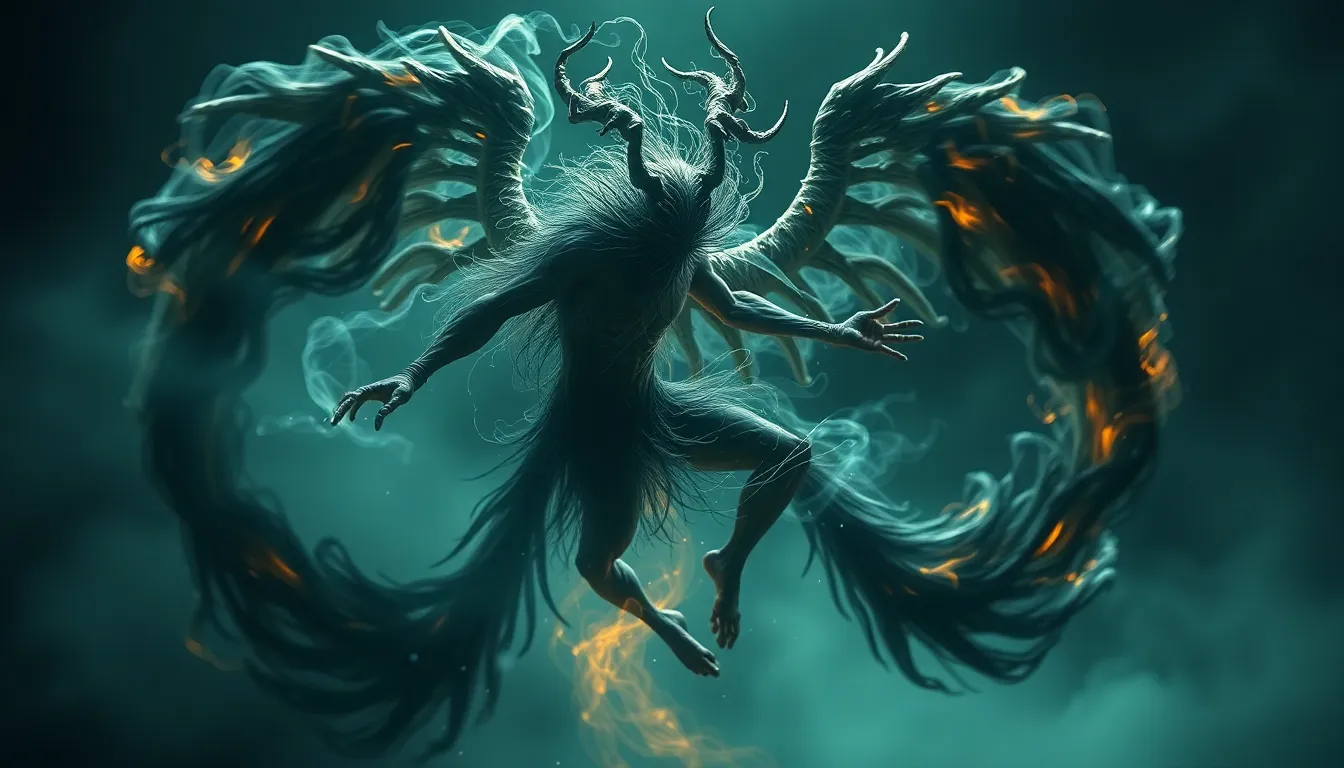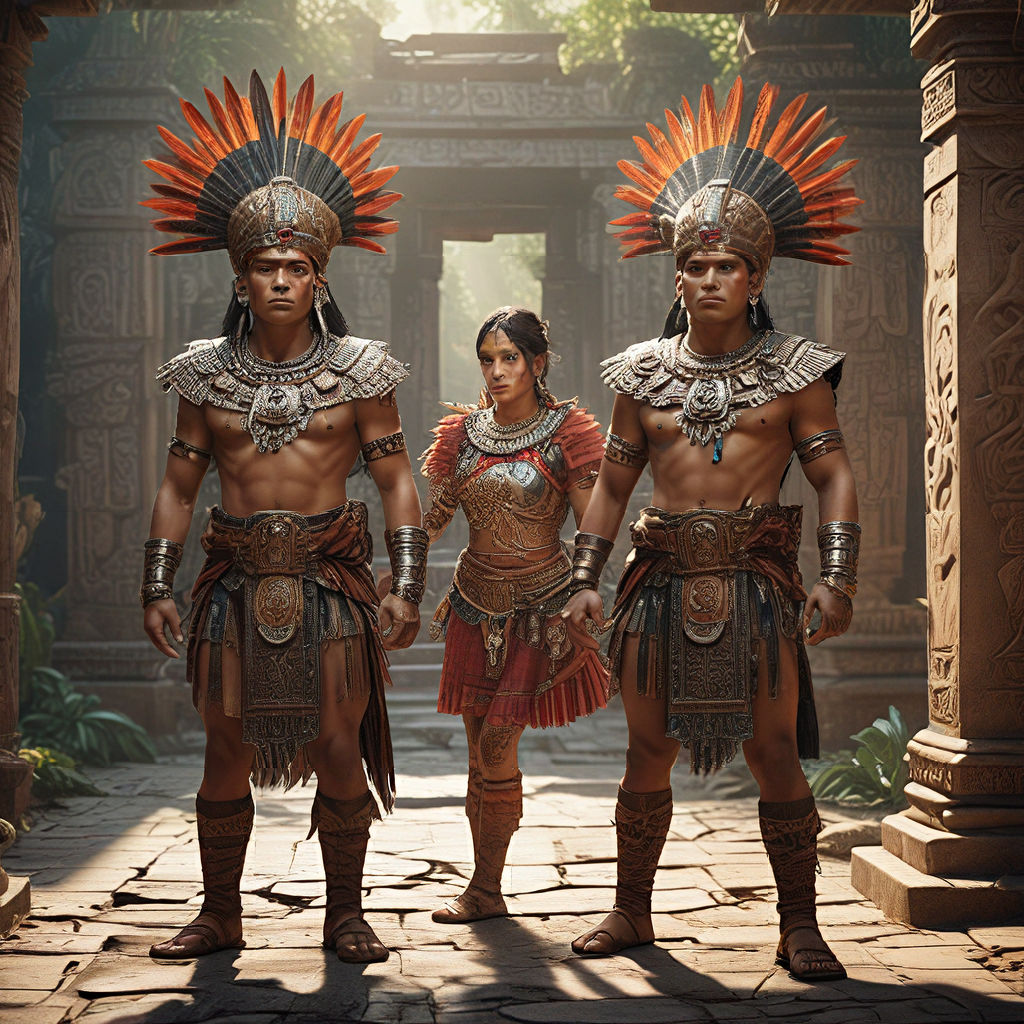Greek Mythology and the Concept of Harmony
In Greek mythology, the concept of harmony plays a foundational role in understanding the cosmos, relationships between deities, and the balance of the universe.
1. What is the significance of harmony in Greek mythology?
Harmony in Greek mythology represents a state of balance and order essential for the well-being of the universe. The Greeks believed that when events were in harmony, it indicated favor and balance among gods, nature, and mankind. Discord, on the other hand, brought chaos and destruction.
2. How is harmony portrayed in Greek myths?
One of the most well-known depictions of harmony is the concept of the Moirai (the Fates) who weave the destiny of every individual. Each thread symbolizes a life, and through their harmonious interweaving, they determine the fate of mortals and immortals alike.
3. Which Greek gods or goddesses symbolize harmony?
The goddess Harmonia is the embodiment of concord and marital harmony in Greek mythology. She is often associated with music and the unity that comes from blending different notes into a harmonious melody. Additionally, Eirene, the goddess of peace, represents the tranquility and harmony essential for flourishing civilizations.
4. How does the concept of harmony in Greek mythology relate to modern society?
The idea of harmony in Greek mythology can provide valuable insights for modern societies. Emphasizing the balance between conflicting forces, fostering unity amidst diversity, and seeking concord in relationships all resonate with the enduring pursuit of peace, understanding, and coexistence in contemporary life.
FAQ: Greek Mythology and Harmony
What is Greek Mythology?
Greek Mythology comprises a collection of stories from ancient Greece that explain the origins of the world, natural phenomena, and the lives of gods, goddesses, heroes, and mythological creatures.
How does Greek Mythology depict the Concept of Harmony?
In Greek Mythology, harmony is often portrayed as maintaining the balance between different forces, such as chaos and order, or the divine and mortal realms. It emphasizes the interconnectedness and equilibrium in the universe.
Which Greek Mythological Figures embody Harmony?
Figures like Apollo, the god of music and light, and the goddesses the Horae, who personify the seasons and order, are associated with harmony in Greek Mythology. Their actions and attributes symbolize balance and order in the world.
What lessons can we learn from the Concept of Harmony in Greek Mythology?
The concept of harmony in Greek Mythology teaches us about the importance of balance, moderation, and unity in various aspects of life. It highlights the idea of working together cohesively for a greater good.



